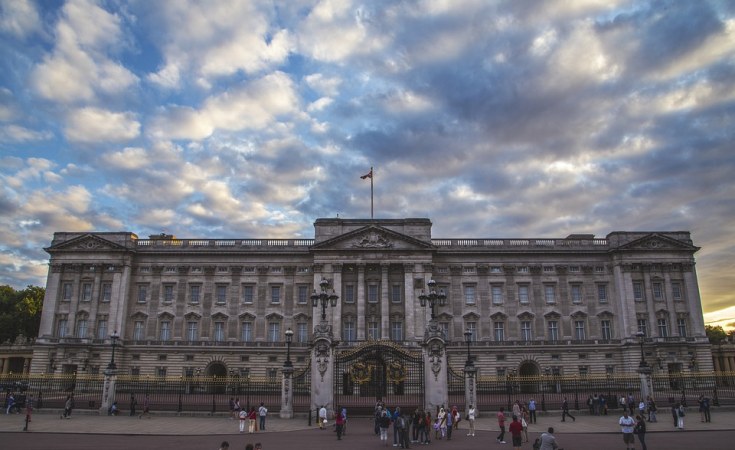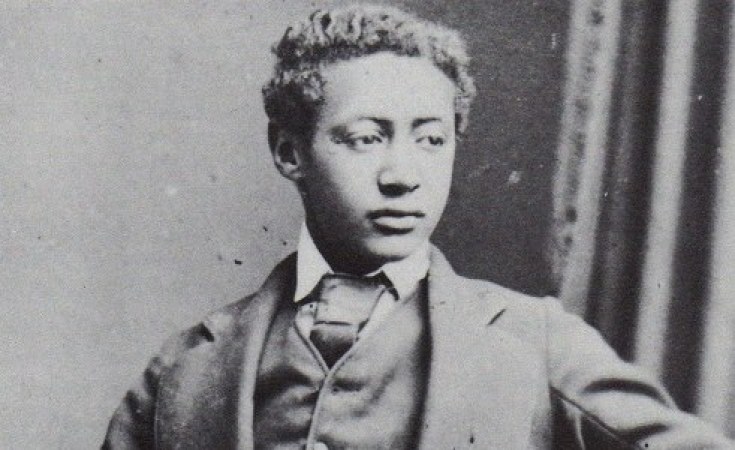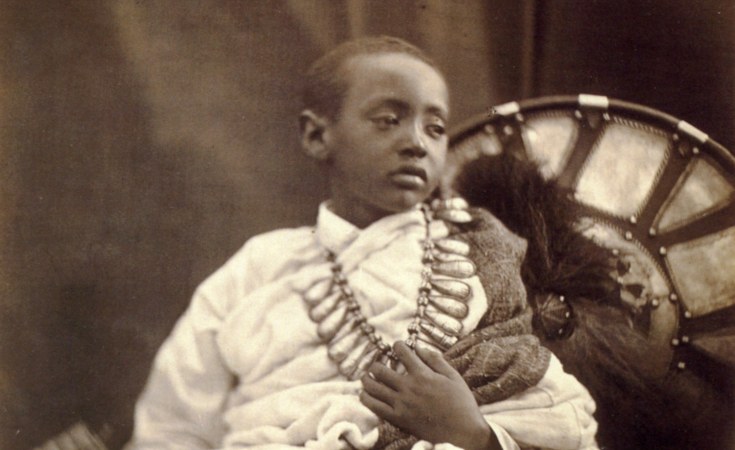Buckingham Palace has declined a request to repatriate the remains of Prince Alemayehu, an Ethiopian royal who was buried at Windsor Castle in the 19th century.
Prince Alemayehu was taken to England following the Battle of Maqdala in 1868 when British soldiers looted his father's imperial citadel.
According to the BBC, Queen Victoria took an interest in Alemayehu and arranged for him to study at elite schools before he was sent to the military training academy at Sandhurst. He left after less than a year for the English city of Leeds, where he died of pneumonia, an inflammation of the lining surrounding the lungs, at age 18 in 1879. He was buried at St George's Chapel in Windsor Castle at the request of Queen Victoria.

The Ethiopian government had previously asked the British royal family for his remains to be returned to his homeland, and his family told the BBC that they too had requested the repatriation.
"We want his remains back as a family and as Ethiopians because that is not the country he was born in," one of the royal descendants Fasil Minas told BBC. "It was not right" for him to be buried in the UK, he added.
However, Buckingham Palace has released a statement indicating that the removal of the prince's remains could disturb the resting place of numerous others in the catacombs of St George's Chapel. The palace spokesperson emphasised the need to preserve the dignity of the departed while acknowledging the responsibility to honor Prince Alemayehu's memory. The statement also mentioned that the royal household had previously accommodated Ethiopian delegations' requests to visit the chapel.

Thousands of treasures, sculptures, and other artworks - many of them dating from the 16th to the 18th centuries - were looted by British colonists and remain in the British Museum. The return of artifacts that were looted in the colonial era has become an increasingly pressing issue for some Western nations.


